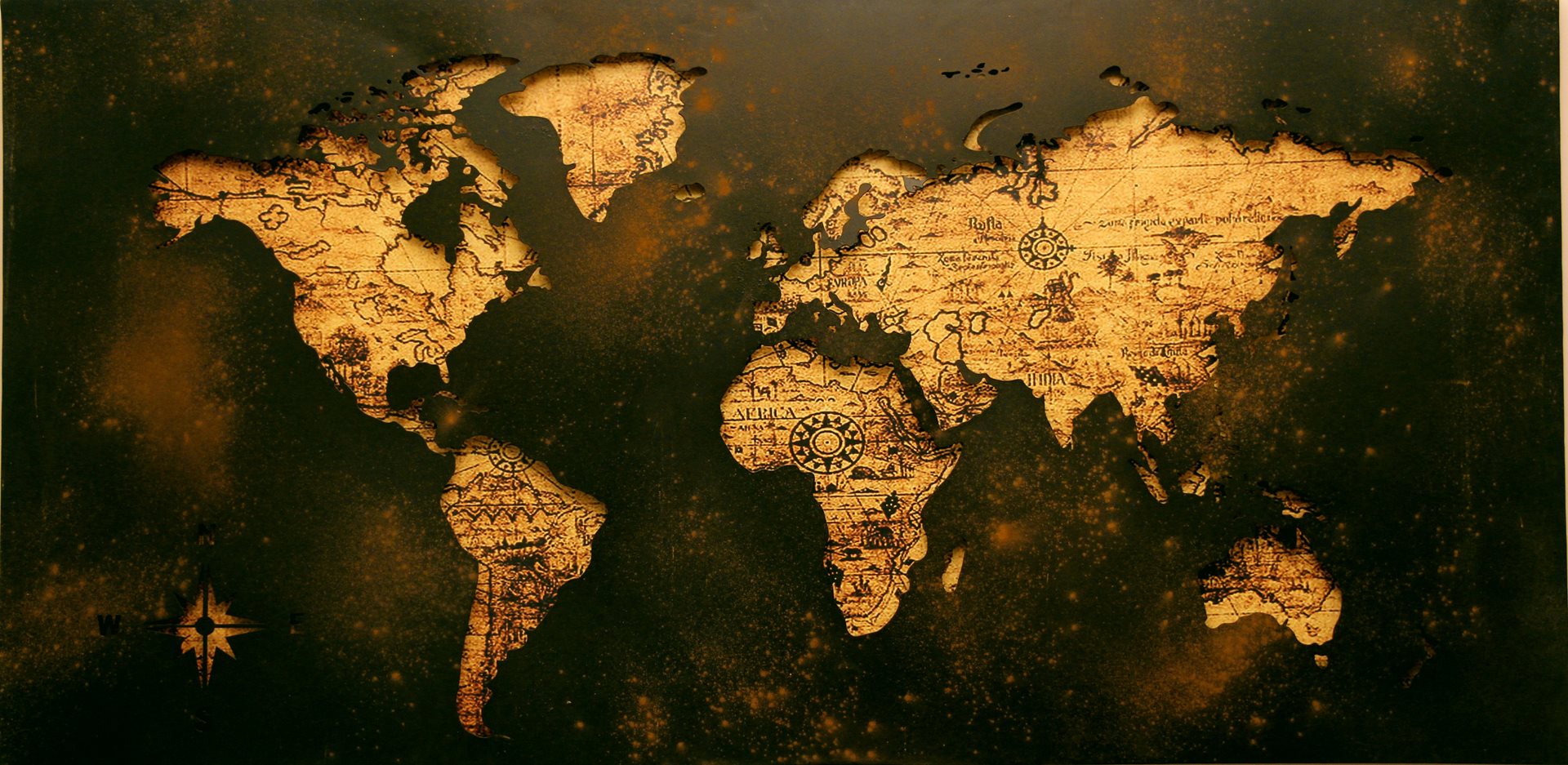November 2022

Historical Significance
Abigail Graves
“Every record has been destroyed or falsified, every book rewritten, every picture has been repainted every statue and street building has been renamed, every date has been altered. And the process is continuing day by day and minute by minute. History has stopped. Nothing exists except an endless present in which the Party is always right.” – George Orwell, 1984
In 2019, several articles were published detailing the unprecedented results of genome testing on ancient bones discovered in the Iberian Peninsula. These articles, published by Science, National Geographic, and several other scientific publications, all describe the same findings – that between 2500 B.C. and 2000 B.C., nearly 100% of Iberia’s Y-chromosomes (DNA that is passed down from father to son) were replaced by people of Steppe (modern-day Russia) ancestry. While nearly all these publications conclude that the DNA results strongly support the theory of prehistoric sex bias (disproportionate numbers of males and females contributing to a population), very few articles venture so far as to postulate how this sex bias occurred. From theorizing that sexual selection was the sole cause to speculating that Steppe migrants simply had vastly more children than their native Iberian counterparts, very few articles ventured so far as to say those few, controversial words that should be on everybody’s minds – mass genocide and rape.
This case study out of the Iberian Peninsula is not the only interesting historical mystery revealed by DNA, however. Genetic testing shows that 8% of all men who reside in central Asia (the region of the ancient Mongolian empire) and 0.5% of all men alive today carry Genghis Khan’s DNA. While many scholarly articles and scientific journals attribute this vast propagation of Khan’s progeny over the last 1,000 years to his raping of countless women on his conquests, some sources imply this genetic dissemination occurred for other reasons, as evidenced by the New York Time’s article, “A Prolific Genghis Khan, It Seems, Helped People the World.” Which leads to the question, is Genghis Khan simply a misrepresented victim of the historical revisionism propagated by those he conquered, or was he a cold-blooded murderer and rapist and to suggest otherwise is an insult to the men he killed, the women he assaulted, and the lives he destroyed?
So, how to sort out the reality from the fiction? How to unveil the true past of the Iberian Peninsula or the conquests of Genghis Khan? For what more is history but the words that are written and preserved, regardless of the truth behind them?
And if false words are recorded, who remains to rebut them in the years to come?
History is a set of lies agreed upon. – Napoleon Bonaparte
It is said that history is written by the victors, the champions of war elevated as the purveyors of justice, their vanquished opponents denigrated as the embodiments of depravity. But when have people ever been so binary? People, countries, and ideals tend to be amalgamations of good intentions with poor execution, and to portray any one unit as entirely decent or entirely immoral is inaccurate to history and damaging to modern insights. For Joseph Stalin to be depicted as a morally neutral and, at times, heroic participant in World War II is to ignore the mass genocide he committed against the poorer citizens of his own country. Few history textbooks chronicle the punitive policies he put in place that resulted in the death by starvation, hard labor, or execution of approximately 20 million Russians during his rule of the Soviet Union from 1929 to 1953. Stalin wasn’t a hero, and yet, within less than a century, history already remembers him, if not fondly, at least impartially despite his egregious vices. Stalin is just one example in a long line of victors portrayed as morally superior to their opponents, a long line of lies agreed upon, recorded, and preserved. People are not binary in nature, and the assertion followed by the belief that they are is the breeder of fanaticism and the destroyer of reason as evidenced by the Crusades, the Holocaust, and the Ku Klux Klan.
History doesn’t repeat itself, but it often rhymes. – Mark Twain
The present is merely a distorted imitation of events that have already occurred. As such, history gives us the ability to see the natural progression of politics, societies, and human nature, and it offers us the opportunity to change course. An opportunity that is rarely taken. Therefore, it is vitally important to not only know history but to recognize its reiterations in the modern world and to have the insight to predict probable outcomes. From nations falling victim to fascist regimes to armies invading Russia during the winter to people giving their exes yet another chance, the same mistakes made over and over again continue to result in the same consequences over and over again. And yet, here humanity remains personifying Einstein’s definition of insanity due to the faulty assumption that things will be different this time.
A generation which ignores history has no past – and no future. – Robert Heinlein
The accurate and objective recording of human history is vital not only to our understanding of the past, but to our aspirations for the future. Humanity cannot expect to build stronger societies, improved morals, and healthier lives without first learning the unbiased truth about the past, understanding its modern application, and applying that knowledge with the utmost integrity and objectivity. As history continues to be made day after day, we must strive toward impartiality, to not let the victors put themselves on pedestals, to not allow peoples, countries, and ideals be restricted to binary perceptions, and to not hinder the insight and growth of future generations. What we record matters more than we realize, not just for ourselves but for our children, their children, and many other generations to come. For what more is history if not the words that are written and preserved? Shattered pottery? Buried cities? Or perhaps the very DNA in our buried, forgotten bones? I think the ancient people of the Iberian Peninsula would disagree.
